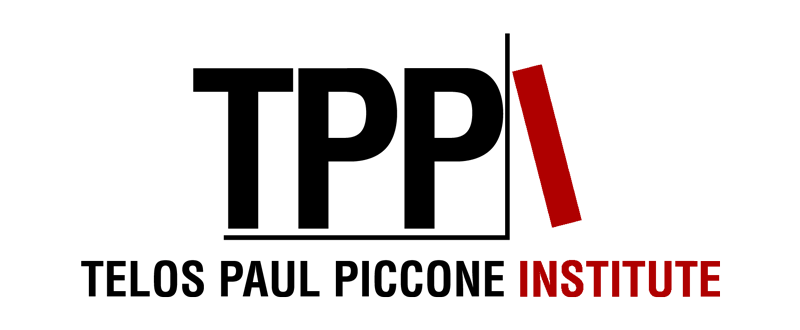Cosmopolitanism and China:
Toward a Literary (Re)Construction
An international syposium sponsored by the Center for Comparative Literature and Cultural Studies, Tsinghua University, Beijing, and the Telos-Paul Piccone Institute, New York
August 21, 2014
Beijing, China
Click here to view the conference program (PDF).
Conference Description
Cosmopolitanism is first of all a political-philosophical concept, with a strong ethical component, and it is consequently closely related to literature and culture in the current global context. Its fundamental meaning is that all human beings, regardless of their ethnic or other affiliations, belong to a single, overarching social community. This idea is very close to the contemporary construction of the discourse of globalization, according to which people all live in a vast "global village," sharing fundamental ethical values and rights that transcend individual nations or regions. In the West and internationally, the acceleration of globalization in general has led more and more humanities scholars to construct a theoretical discourse of globalization. Thus, cosmopolitanism has once again become a current theoretical topic. This term frequently appears in the works of philosophers and sociologists, and recently, it is sometimes quoted and discussed by literary and cultural studies scholars as well. Most of these discussions interpret and deal with cosmopolitanism from the perspectives of political philosophy and culture, but also touching upon literary and cultural production and criticism, and the recent interest in world literature is undoubtedly associated with the rise of cosmopolitanism in the contemporary era
According to Craig Calhoun, cosmopolitanism means different things in different contexts. It refers to the world as a totality rather than individual places or communities. It also indicates that those holding this perspective feel quite at home in a diversified community. Sometimes, it is used to describe the unique characteristics of a city, such as "New York or London, contemporary Delhi or historical Alexandria." If we start from a Chinese perspective, we can easily add two more cities: Shanghai and Hong Kong. But Calhoun does not deal with cosmopolitanism in other regions in the world. The present project seeks to approach cosmopolitanism from literary and cultural perspectives that might transcend Eurocentric and Western-centric modes of thought, focusing specifically on cosmopolitanism and China. The contributions focus on alternative cosmopolitanisms—on the one hand, Confucian doctrines that have for the most part not been received in the Western consideration of the term and, on the other hand, new perspectives that result from the way in which the Western concept has been translated and received by intellectuals in modern China. These contributions will hopefully open up the concept of cosmopolitanism to the kinds of perspectival shifts that come with an earnest appreciation of the variety of the world's cultures and societies.
Conference Location
Huiying Ting Meeting Room
Xijiao Hotel, 18 Wangzhuang Road, Beijing
Schedule
Morning Session
9:00 to 12:00
Welcome
Chair: Wang NingWelcoming remarks on behalf of the Telos-Paul Piccone Institute
David Pan, The Telos-Paul Piccone Institute
Panel 1
Chair: David Pan
Cosmopolitanism Revisited: A Cultural Perspective
Wang Ning, Tsinghua University/Shanghai Jiao Tong University
Cosmopolitanism and Alternative Modernity in Twentieth-Century China
Sheldon Lu, University of California at Davis
Cosmopolitan Translation and Cross-Cultural Paradigms: A Chinese Perspective
Sun Yifeng, Lingnan University, Hong Kong
Panel 2
Chair: Wang Ning
Does Cosmopolitanism Have a Language?: Chinese and English in a Multi-Polar World
David Pan, University of California at Irvine
The Construction of Chinese Nationalism within the Framework of Post-Colonialism since Mao
Jin Huimin, Institute of Literature, Chinese Academy of Social Sciences
Afternoon Session
13:30 to 17:30
Panel 3
Chair: David Pan
From Shanghai Modern to Shanghai Postmodern: A Cosmopolitan View of China's Modernization
Wang Ning, Tsinghua University/Shanghai Jiao Tong University
Cosmopolitanism in Ordeal: Cultural Reveries and Political Anxieties in Xu Xu's "Modern Tales of the Strange"
Wang Xiaoping, Xiamen University
Discussion
Chair: Wang Ning
